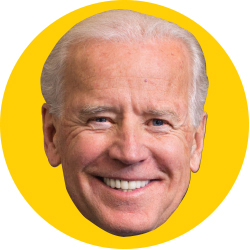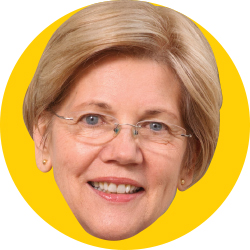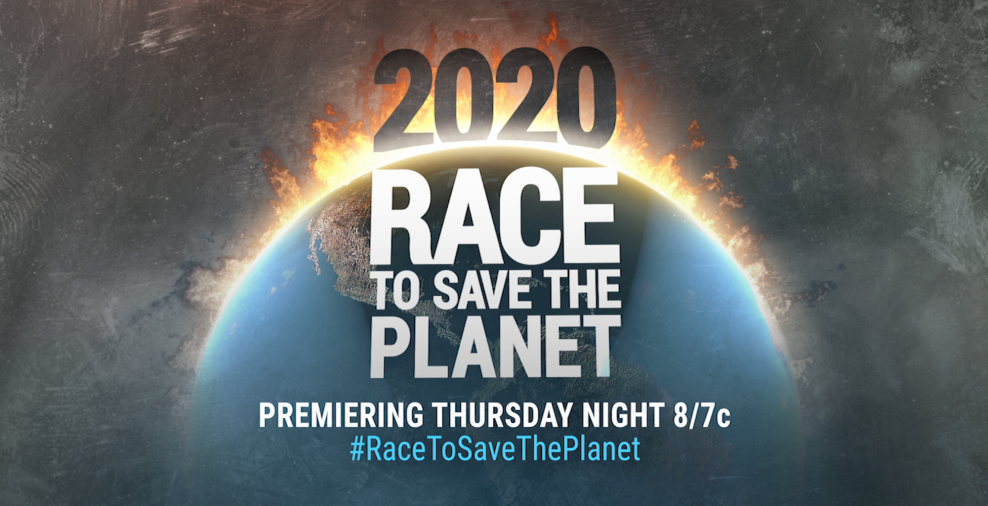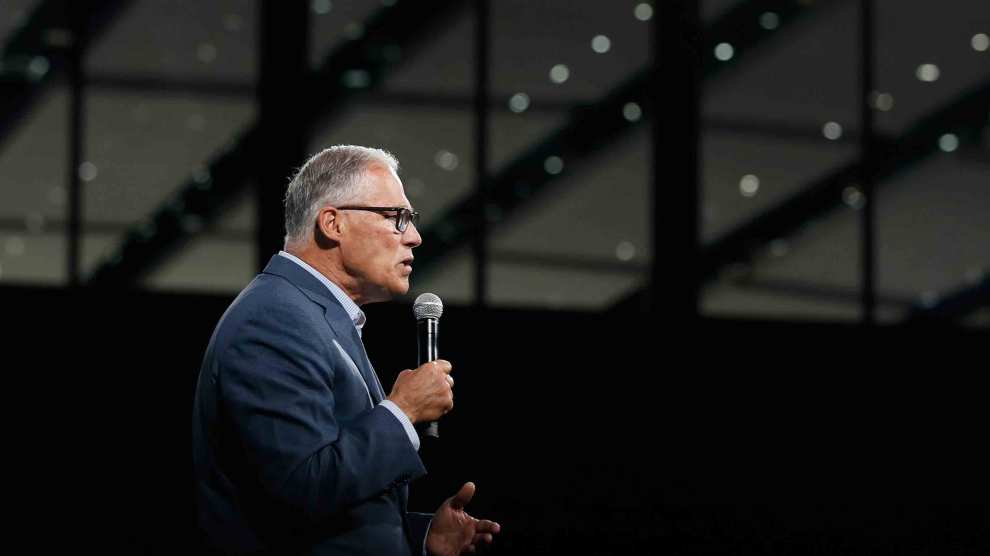Nearly 85 percent of Democrats and Democrat-leaning independets say they believe climate change is a major threat to the country. Democratic presidential candidates have matched that concern with robust climate proposals that promise to spend trillions to slow the damage. While all of the candidates below support the Green New Deal and want the United States to reach net-zero carbon emissions by 2050, they differ in how to get there—and how much it will cost.

Joe Biden After drawing flak for what his adviser described as a “middle ground” approach to climate policy, Biden unveiled a call for a Clean Energy Revolution inspired by the Green New Deal. The former veep wants to invest in biofuels, smart grids, nuclear reactors, and a “second great railroad revolution.” He pledges to use international action to rein in China, which continues to fund new coal projects. Price tag: $1.7 trillion over 10 years

Elizabeth Warren True to form, Warren has not one but several climate plans focused on public lands, the military, trade, and manufacturing. She has said that climate change might be America’s “biggest challenge yet” and wants to spend $400 billion for a Green Apollo Program centered on R&D, and $100 billion for a Green Marshall Plan that would help other countries purchase American clean energy products. She’d also quintuple funding for FEMA programs to protect communities on the front lines of climate impacts. Price tag: $3 trillion over 10 years


Pete Buttigieg Calling climate change “a life-and-death issue,” Buttigieg aims to develop the means to remove 1 gigaton of atmospheric CO2 per year by 2040, and by then would require all new vehicles to be emission-free, and ships and aircraft to be net-zero. He’s proposed a $250 billion Clean Energy Bank to fund energy projects in disadvantaged communities, and another $250 billion for clean infrastructure around the world. He supports a carbon fee and dividend system, which would distribute the revenue of a fossil fuel tax to all Americans in the form of rebates. Price tag: $1.5 trillion over 10 years

Andrew Yang The entrepreneur offers big ideas like spending $50 billion on thorium-based nuclear reactors and fusion technologies. A carbon fee and dividend program would help fund his universal basic income proposal, while $3 trillion in loans would help individuals buy geothermal pumps, solar panels, and more. He’d also explore lesser-known ideas like packing gravel against glaciers to slow their melting, and geoengineering techniques like sulfate aerosols and even space mirrors—“as a last resort.” Price tag: $4.9 trillion over 20 years

Jay Inslee Though he dropped out in August, the Washington governor is widely credited with bringing climate to the forefront of the primary race. Ideas central to his plan, such as paying farmers to practice carbon farming and restore public lands, have since been adopted by Warren, Sanders, and Harris. Price tag: $9 trillion over 10 years









